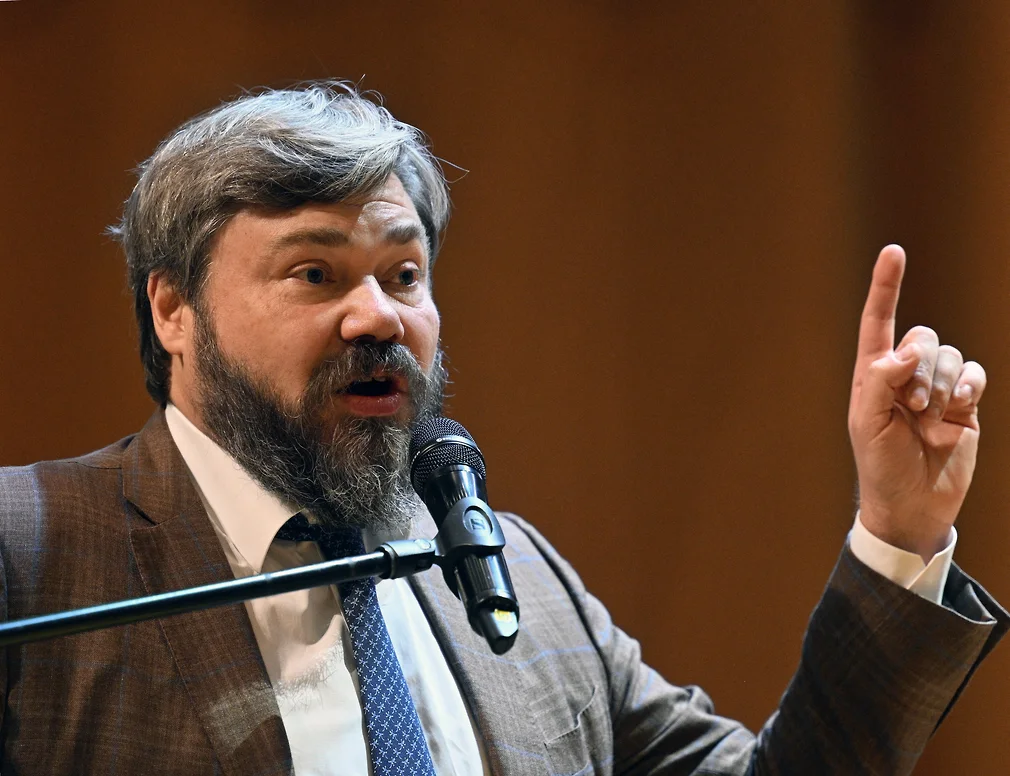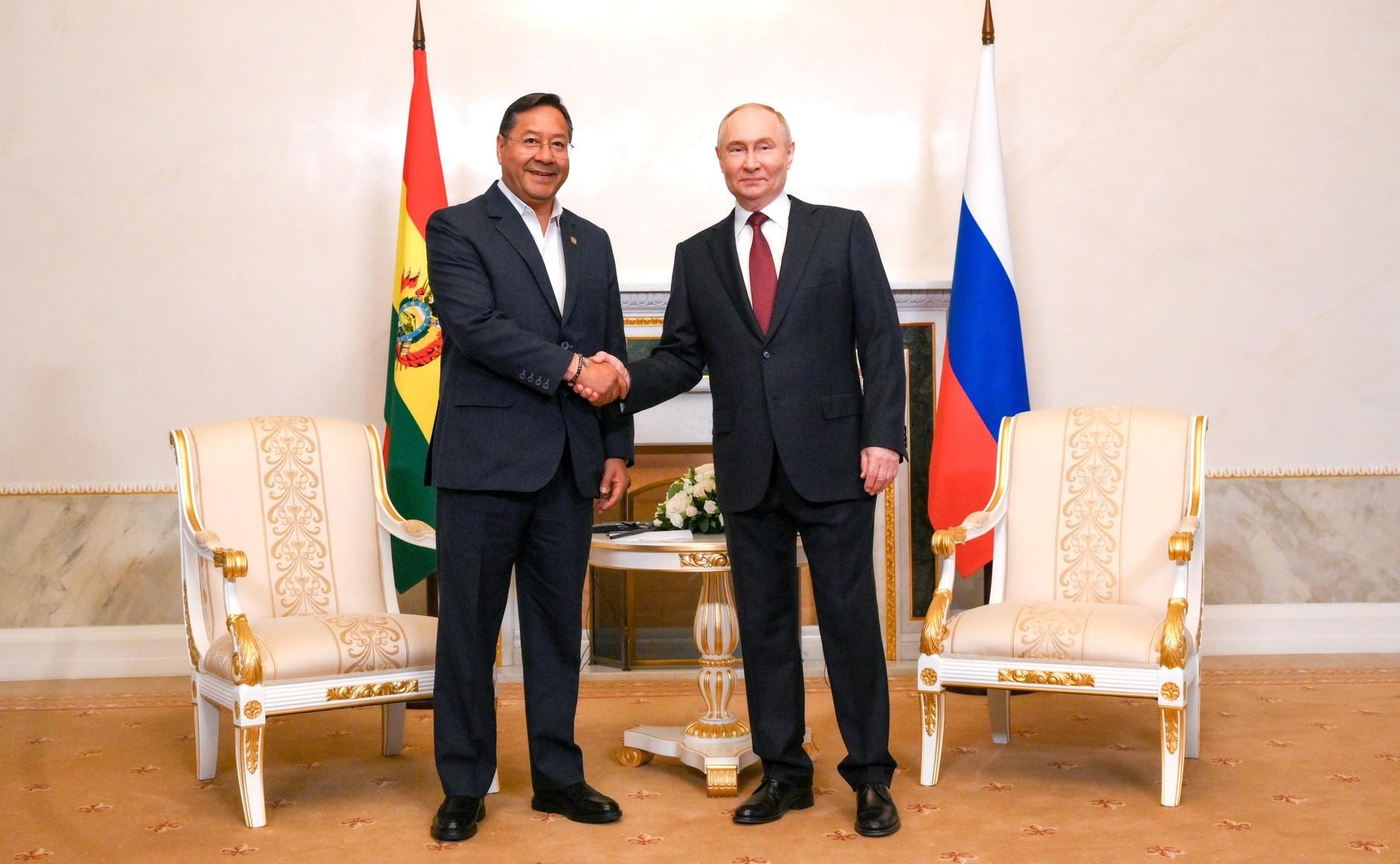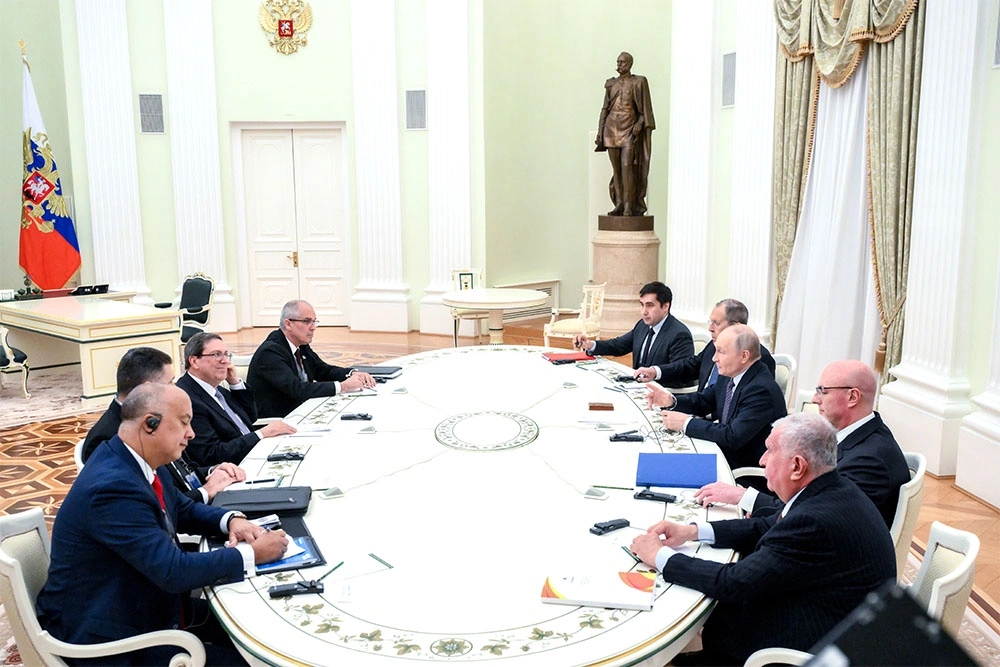CIS PRIME MINISTERS’ MEETING: WHEN IRRELEVANCE MAKES NEWS
CIS PRIME MINISTERS’ MEETING: WHEN IRRELEVANCE MAKES NEWS
The prime ministers of the Commonwealth of Independent States member countries convened on June 3 in Tbilisi for what turned out to be the briefest high-level meeting in the organization’s history. It lasted 30 minutes; adopted more than 20 documents, apparently too irrelevant to be discussed or reported; and ended in acrimony over the only document that would have mattered: a Protocol on a stage-by-stage lifting of restrictions on trade among CIS countries until 2012.
Worked out since 2004 by the CIS Economic Council and CIS Executive Committee, the Protocol would have postponed until the organization’s 21st year the target date for removing restrictions on trade — a goal that the CIS had professed from its birth onward. Ukrainian Prime Minister Yulia Tymoshenko declined to sign the Protocol, calling for full removal of those restrictions by 2008 and arguing that delay until 2012 would in itself amount to a massive, long-term restriction on trade.
The other prime ministers signed the Protocol, but tasked experts with submitting proposals to reduce the timeframe for lifting the trade restrictions. It was the familiar CIS method of adopting pro forma an unsatisfactory document, commissioning in the same motion improvements to the “adopted” document, albeit without expecting any significant improvements to be made, and calling for another debate on the issue some day, only to repeat the cycle.
In a further setback to intra-CIS cooperation, the meeting postponed for an unspecified term the launching of a program to set up market information and trade centers for promoting goods and services on a reciprocal basis in CIS member countries.
The concluding news conference was longer and more eventful than the prime ministerial meting itself. CIS Executive Committee Chairman Vladimir Rushailo declared, “I think it is too early to bury the CIS. This is not our task” (Imedi TV, June 3). Rushailo’s statement is a continuation of Russian officials’ efforts to qualify and reinterpret President Vladimir Putin’s March 25 remarks in Yerevan, where Putin in essence pronounced the CIS defunct as a mechanism for integration. For his part, a defensive Russian prime minister, Mikhail Fradkov, urged that bilateral problems among CIS countries not be projected on multilateral CIS cooperation. Fradkov was responding to a Moldovan journalist’s sharp question about Russia’s recently introduced ban on imports of some Moldovan agricultural products.
During the news conference, Prime Ministers Zurab Nogaideli of Georgia and Vasile Tarlev of Moldova complained that the CIS was closing its eyes to the issue of armed separatism and failing to uphold the principle of territorial integrity of member countries. Fradkov replied, again defensively, that Russia was prepared to discuss this issue at CIS meetings “provided that it is included on the agenda.” Fradkov’s reply was farcical, inasmuch as Russia largely controls the preparation of the agenda for high-level CIS meetings by the CIS Executive Committee and typically rules out criticism of armed separatism and ethnic cleansing from the agenda.
Tymoshenko came out against Moscow’s view that Russia, Ukraine, and possibly other CIS countries should “synchronize” their accession to the World Trade Organization. Such linkage could slow down Ukraine’s accession, whereas Ukraine expects to join the WTO on its own merits by the end of this year.
The prime ministerial meeting provided an occasion for more significant bilateral meetings. Tymoshenko discussed with Prime Ministers Artur Rasizade of Azerbaijan and Daniyal Akhmetov of Kazakhstan a number of ideas for supplying oil and gas to Ukraine. The suggestions include: a) Ukrainian investments and equipment inputs into Azerbaijani oilfields in order to obtain crude oil for refining in Ukraine; b) Ukrainian purchases of oil from Kazakhstan by pipeline via Azerbaijan and Georgia for processing at a state-controlled refinery to be built in Ukraine; and c) gas supplies from Turkmenistan or Iran, to reach Ukraine by a pipeline to be built via Azerbaijan and Georgia.
Ukrainian ideas along these lines — including those recently submitted by President Viktor Yushchenko to Presidents Saparmurat Niyazov of Turkmenistan and Nursultan Nazarbayev of Kazakhstan — are still in an exploratory stage. They envisage a number of barter arrangements, do not seem to address commercial profitability issues, and are driven by Ukraine’s raison d’etat to reduce dependence on Russia for energy supplies. Tymoshenko termed this dependence, and the imperative of supply diversification, “Ukraine’s most burning problem.”
The session took the routine step of electing Russia, through Fradkov, to the annually rotating chairmanship of the Council of Prime Ministers of CIS Member Countries. However, the members could not agree on a date for the next session.
(Interfax, RIA, Ukrayinska pravda, Rustavi-2 TV, June 3; see EDM, March 31, May 12)


